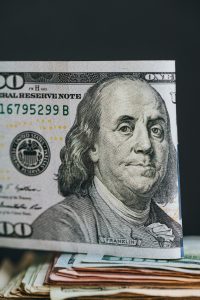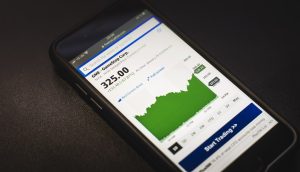Forex trading has grown exponentially in recent years, and banks are major players in the forex market. Banks have been trading forex for decades, and they have the resources and expertise to make the most of the opportunities presented by the global currency markets. As such, most bank forex trade happens in the interbank market.
Interbank market
The interbank forex market is a network of banks and financial institutions that trade currencies with each other. This is where the majority of all forex transactions take place. Banks trade currencies to make a profit on the difference between the buy and sell price of currencies. They also trade currencies to manage their own risk and to provide services to their clients.
The interbank market is an electronic system that connects banks and other financial institutions around the world. The system is designed to facilitate the trading of currencies among the participants. Banks can trade currencies with each other directly or through brokers. The interbank market is a decentralized market, which means that there is no central exchange where all trades take place.
Banks are the primary players in the interbank market. They trade large volumes of currencies every day, which makes them the most influential players in the market. The biggest banks in the world, such as JP Morgan, Goldman Sachs, and Deutsche Bank, are the most active participants in the interbank market.
Trading strategies
Banks use various trading strategies to make a profit in the forex market. The most common trading strategy is arbitrage. This involves buying a currency in one market and selling it in another market where the price is higher. Banks also use speculation to make a profit. Speculation involves predicting the future direction of a currency and taking a position based on that prediction.
Hedging is another trading strategy used by banks. This involves taking a position to offset the risk of a previous trade. Banks also engage in carry trades, where they borrow in a low-interest-rate currency and invest in a high-interest-rate currency to earn the difference in interest rates.
Banks also provide forex services to their clients. These services include forex trading, foreign currency accounts, and forex hedging. Banks charge fees for these services, which contribute to their revenue.
Regulation
The forex market is a highly regulated market. Banks that participate in the forex market are subject to various regulations, including capital requirements, reporting requirements, and risk management requirements. The regulations are designed to protect investors and ensure the stability of the financial system.
The regulatory environment has increased in recent years, following the global financial crisis of 2008. The crisis highlighted the importance of regulating financial institutions to prevent systemic risk. As a result, banks are now subject to stricter regulations, which have increased the cost of doing business in the forex market.
Conclusion
Most bank forex trade happens in the interbank market, where banks trade currencies with each other. Banks are the primary players in the market, and they use various trading strategies to make a profit. The interbank market is a decentralized market, which means that there is no central exchange where all trades take place. The forex market is highly regulated, and banks that participate in the market are subject to various regulations to protect investors and ensure the stability of the financial system.





